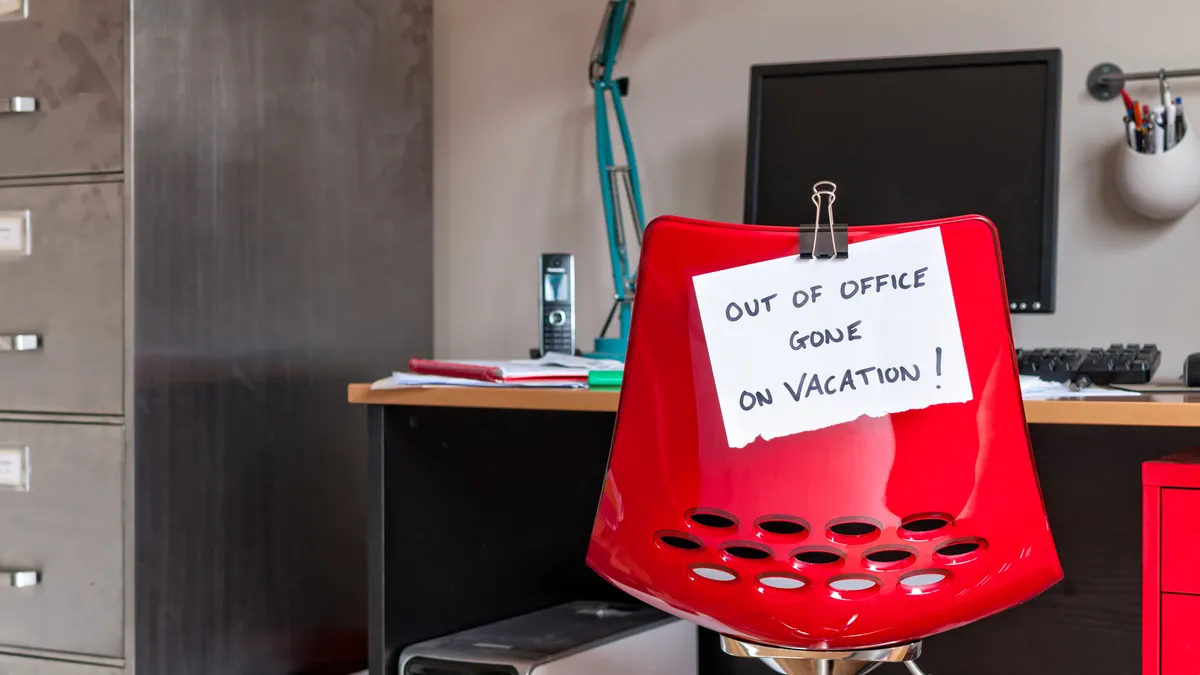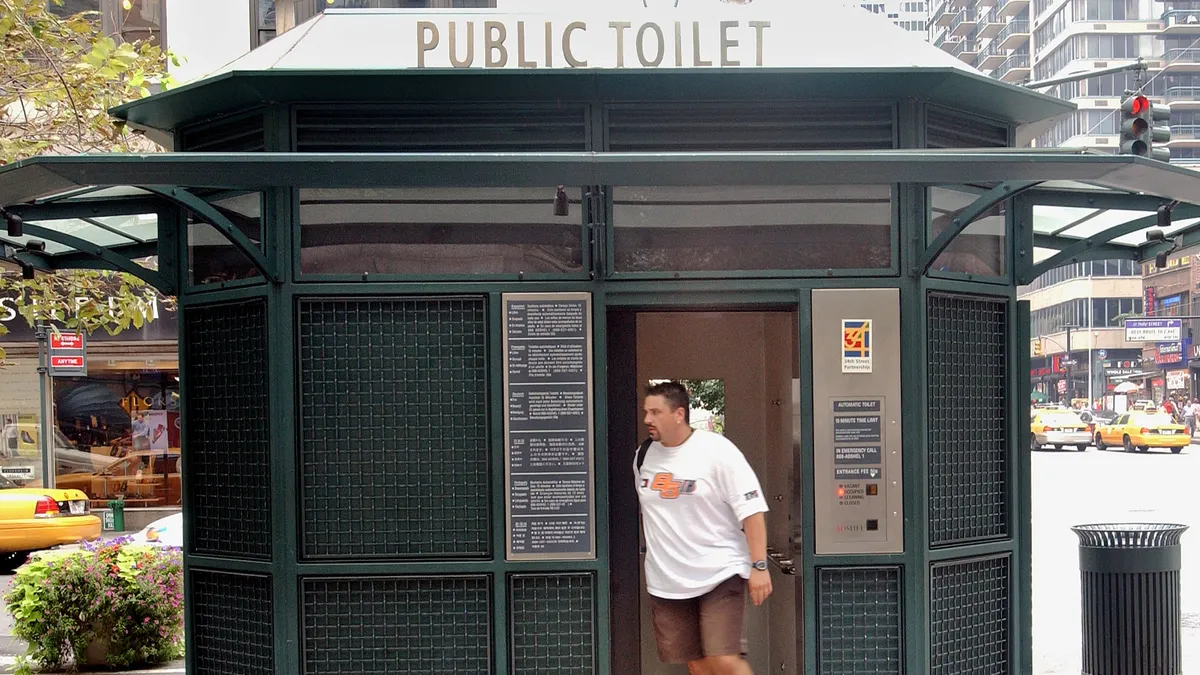Editor’s Note: ‘Happy Hour’ is an HR Dive column from Reporter Ginger Christ. Follow along as she dives into some of the offbeat news in the HR space.
In 2013, American anthropologist David Graeber posited that some jobs are, in fact, nonsense.
In Graeber’s words: “Huge swathes of people, in Europe and North America in particular, spend their entire working lives performing tasks they secretly believe do not really need to be performed. The moral and spiritual damage that comes from this situation is profound. It is a scar across our collective soul. Yet virtually no one talks about it.”
Graeber argues that advances in technology have eliminated the need for a number of jobs, but in their stead a bevy of unnecessary jobs, largely administrative, have cropped up. These jobs, he says, are socially useless and therefore nonsense.
A recent study sought to quantify Graeber’s claims. An analysis of the 2015 American Working Conditions Survey found that more than 19% of respondents perceive their jobs as socially useless. The results varied from 4.6% of those in education, training and library occupations finding their jobs socially useless to 31.7% of workers in transportation and material moving. (If you’re curious, the arts, design, entertainment, sports and media category fell squarely in the middle.)
Beyond occupation, workers in the private sector, those whose jobs don’t involve teamwork and employees who are salaried all were more likely to consider their jobs socially useless than their counterparts in the nonprofit or public sector, those with team-based jobs and workers who are self-employed, the analysis found.
Whether people find their jobs socially useless can be both because the jobs actually don’t add value to society or because unfavorable working conditions make them seem useless, the study finds.
“Work perceived as socially useless is therefore a complex phenomenon and should be treated accordingly,” the author, Simon Walo, a postdoctoral researcher in the Department of Sociology at the University of Zurich, writes. “Some jobs may in fact be useless to society, even if this is only one reason among others why people perceive them as such.”
To help people find more meaning in their jobs, Walo recommends improving working conditions by increasing social interaction at work and reducing alienation. At a societal level, bigger undertakings would be necessary, Walo says. That could include offering a universal basic income, as Graeber suggests, or having policymakers regulate useless activities and better align them with socially desirable purposes, such as by imposing restrictions on the financial sector or limiting sales strategies to reduce consumerism.
When I asked my circles on social media if they thought their job had meaning, I was, unsurprisingly, met with silence. Who wants to publicly admit their job is useless? It’s a questionable professional move and, as Graeber said, “a scar on our collective soul” to voice such a sentiment.
Is writing a column about jobs being useless a useless task? Maybe, but it’s fun.







































